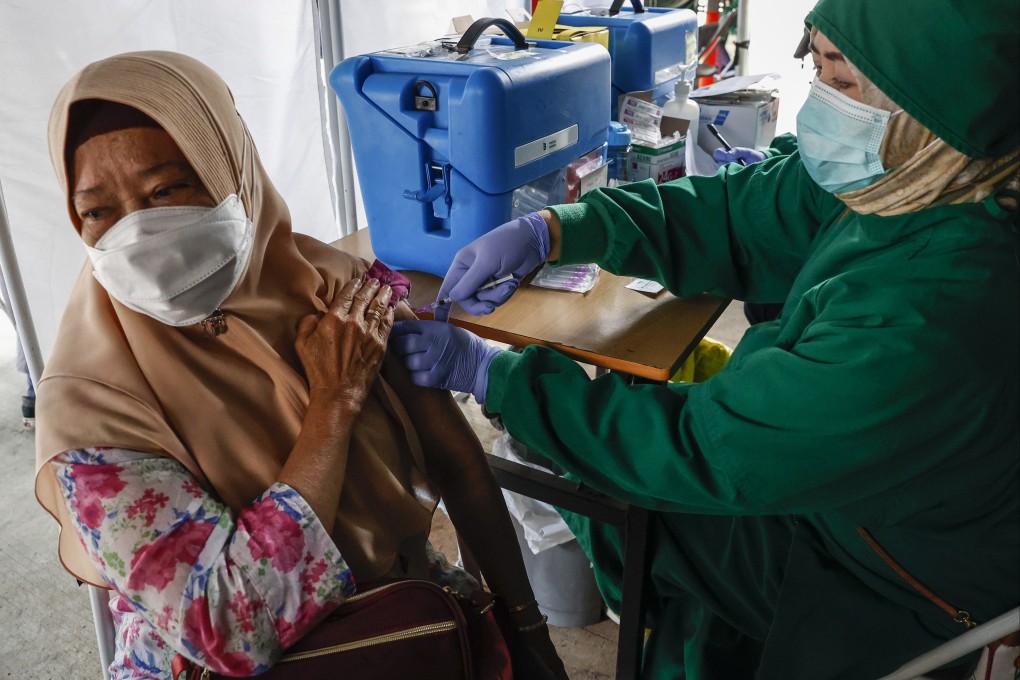Advertisement
India’s Tata looks to AI to help Asia tackle elderly care, climate change, skills training
- IT services provider Tata Consultancy Services plans to use artificial intelligence in nations including Singapore, Malaysia, Thailand to streamline services for public
- With many remote locations, access to multilingual AI could help with old and/or disabled people, as well as record data useful to tackle global warming
Reading Time:4 minutes
Why you can trust SCMP

India’s largest IT services provider Tata Consultancy Services (TCS) is aiming to leverage artificial intelligence (AI) to help Asian nations become more inclusive by bringing within easy reach services such as elderly care, a senior company executive said.
Advertisement
The programmes would resemble India Stack, a digital platform that runs across the country of 1.4 billion people through government-backed application programme interfaces, where third parties can provide a range of services.
“TCS has had conversations with a number of Southeast Asian countries for implementing Indian ‘Stack-like’ solutions,” said Anantha Sekar, the company’s Artificial Intelligence Lead based in London.
Southeast Asia has a combined population of over 660 million, with many rural and isolated areas, including lots of islands. Many residents have no easy access to public services.
But more developed places can also benefit from AI. In city state Singapore, for example, where the digital infrastructure is well established, AI-based services may be beneficial in terms of helping citizens train to do new activities, said Sekar. “We are working with Singapore on a number of things. There is a digital accelerator we set up there which works a lot with skills development.”
Sekar added that the AI work focuses on showcasing a slew of project possibilities and said Malaysia and Thailand are also interested in using the new technology.
Advertisement

Advertisement
